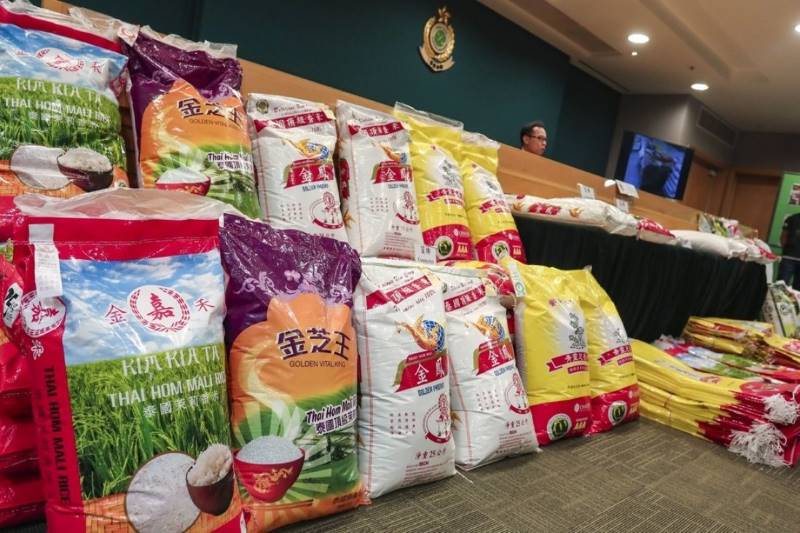By Kris Lee, CFE
Director and past President of the ACFE Hong Kong Chapter

More than two years ago, Hong Kong Customs & Excise seized a large quantity of counterfeit labelled rice. The case was reported in the local press and by Customs & Excise. The case centred on the counterfeit labelling of an inferior product being sold as a premium product, so big profits for something not really worth the money. I have been thinking about this sort of case for a while, but not from the counterfeiting angle. My interest is in the potential for fraud and corruption in selling these shoddy products into the catering market. I waited until now to write about this case because I didn't want to jeopardise a fraud or corruption investigation. I've seen nothing published about this since then, so I think it safe think publicly about this now.
Let's start with the bare facts of the case:
- 15,000 kg of rice was packed in 600 counterfeit branded bags
- Each sack contained 10% high-quality rice and 90% of a much lower quality
- Seized separately were 6 tonnes of low-quality rice and 1.6 tonnes of genuine brand high-quality rice ready for packing
- The rice would have been sold to 100 local restaurants and “cha chan teng”.
The case made me ask myself a number of questions:
- Why would the restaurants want to buy such low-quality rice in high-quality brand bags?
- Was the rice sold at normal or below-market price?
- Would this sale have been a "one-off" transaction or was this part of a regular service?
- The supplier operated from a factory in an industrial building in San Po Kong. What would tempt reputable restaurants to buy from a business in a factory building in preference to normal distributors or even a supermarket chain?
- Wouldn't restaurant chefs see that the rice was low quality, and what would convince them to use it?
- Were the restaurants victims or willing participants in the scheme?
My own answers to these questions failed to convince me as a fraud investigator that this was a simple counterfeit retail product case and that these restaurants were genuine victims. Something extra must have happened to make this product acceptable to restaurants.
If I were the auditor serving these restaurants, should I have spotted something? In other words, was the restaurant paying too much for the low-quality rice, and why? If I were an officer of the intelligence team at the anti-graft authority, should I have looked deeper into this? The easiest way to achieve this would have been to ask Customs & Excise to share their intelligence; this could have led to some interesting graft investigations.
Fraud and corruption have gone underground, and are now more complex and subtle. The days of open inducements and obvious payments are gone. Auditors and fraud investigators need to be alert to the signs and small indications of hidden transactions from books and records which might have been deliberately altered. That is the value of proactive investigation.

